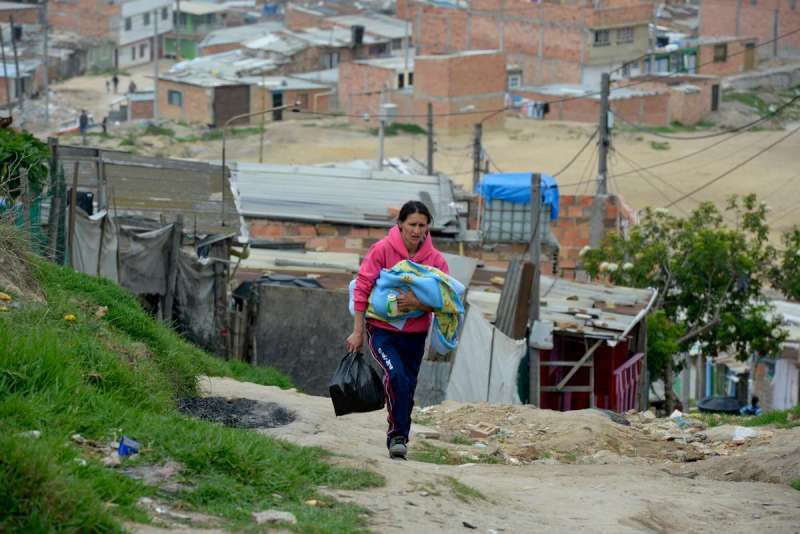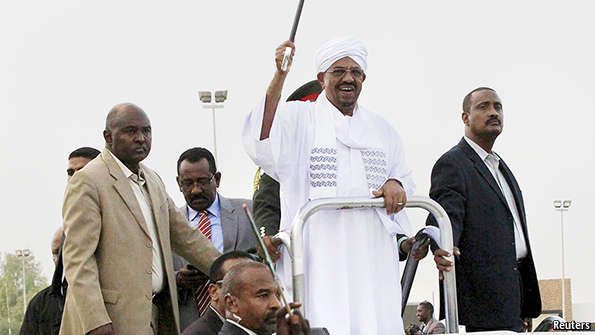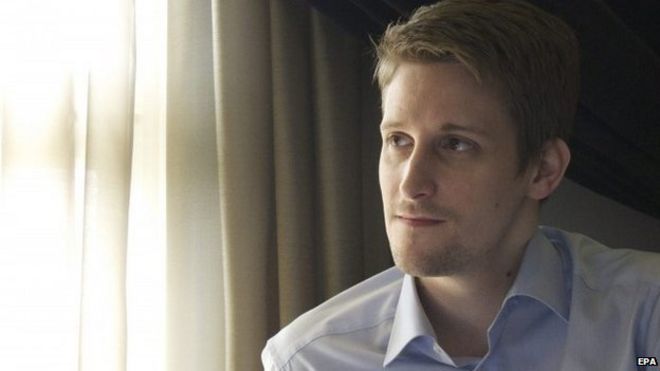By Kaitlyn Degnan
Impunity Watch Reporter, South America
BOGOTÁ, Colombia – The number of internally displaced persons in Colombia has surpassed 6 million, according to a report by the United Nations High Commissioner on Refugees. The report surveys the number of refugees, displaced persons, asylum seekers and “others of concern.”

“It’s not just the FARC,” says UNHCR Colombia Representative Martin Gottwald. Forty percent of human rights violations in Colombia are perpetrated by new “irregular groups,” many of which have evolved from long demobilized paramilitary groups.
The high number of internally displaced persons and refugees are the result of 50 years of conflict between the Colombian government and different groups, including the FARC, or the Revolutionary Armed Forces of Colombia. The FARC and the Colombian government have engaged in peace talks on-and-off since November 2012.
The release of the report comes on the heels of the 2015 Global Peace Index, which ranked Colombia as 146 out of 162 countries worldwide. The report named the high number of displaced persons and refugees as a driving factor behind the low score.
About a week before the release of the report, the UN High Commissioner for Refugees António Guterres publicly expressed concern over the effects of the ongoing conflict. He called for “solutions… to guarantee the safety and dignity of refugees and people displaced inside Colombia,” and said that the UNHCR would be ready to support the peace process.
Guterres also commented on the rising number of internally displaced persons and refugees worldwide, citing that one in every 122 people is a refugee, internally displaced person, or asylum seeker. Criticizing global inaction on the issue, he said: “It is terrifying that on the one hand there is more and more impunity for those starting conflicts, and on the other there is seeming utter inability of the international community to work together to stop wars and build and preserve peace.”
For more information, please see:
BBC – Profiles: Colombia’s armed groups – 29 August 2013
Miami Herald – U.N. Report: Colombia continues to lead world in displaced, refugees – 18 June 2015
UNHCR – World-wide displacement hits all-time high as war and prosecution increase – 18 June 2015

